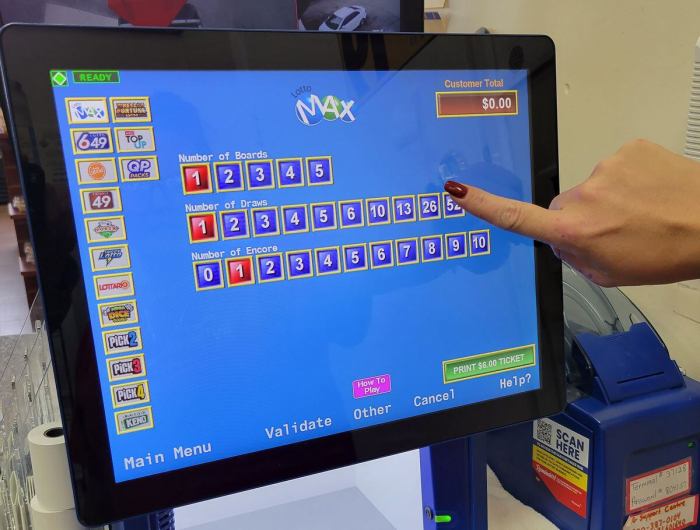Animals Must Be Validated Before the Published Ownership Deadline. This directive underscores the critical importance of verifying pet ownership to prevent fraud, ensure responsible care, and safeguard animal welfare. Understanding the validation process, its benefits, and the consequences of non-compliance is paramount for pet owners, animal welfare advocates, and policymakers alike.
Validation serves as a cornerstone of responsible pet ownership, providing numerous advantages. It aids in preventing pet theft, facilitates reunification of lost animals with their owners, and enables effective tracking of animal movement for disease control and population management.
Definition of Validation
In the context of animal ownership, validation refers to the process of verifying and confirming the ownership of an animal. This involves establishing the identity of the animal and its owner, ensuring that the ownership is legitimate and not fraudulent, and creating a record of ownership that can be used for legal purposes.
The purpose of validating animals before the published ownership deadline is to prevent animal theft, protect the rights of animal owners, and promote responsible pet ownership. It also helps to ensure the health and well-being of animals by providing a means to track and locate them in case they become lost or stolen.
Benefits of Validation
- Prevents animal theft by deterring criminals and making it easier to recover stolen animals.
- Protects the rights of animal owners by providing legal proof of ownership in case of disputes or legal proceedings.
- Promotes responsible pet ownership by encouraging owners to take proper care of their animals and to be aware of their responsibilities.
- Contributes to animal welfare by providing a means to track and locate lost or stolen animals, ensuring their prompt return to their owners.
- Enhances community safety by reducing the number of stray animals and preventing animal-related incidents.
- Microchipping:Implanting a tiny electronic chip under the animal’s skin, which contains a unique identification number that can be scanned and linked to the owner’s information.
- DNA Testing:Comparing the animal’s DNA to a sample from the owner to establish a genetic link and confirm ownership.
- Veterinary Records:Maintaining up-to-date veterinary records that include the animal’s description, vaccination history, and any medical treatments, which can serve as proof of ownership.
- Other Methods:Tattoos, collar tags, and breed-specific registries can also be used as supplementary methods of validation.
- Validating their animals within the specified deadline by using one or more of the approved validation methods.
- Maintaining accurate and up-to-date records of ownership, including microchip numbers, DNA test results, and veterinary records.
- Reporting any changes in ownership or contact information to the relevant authorities promptly.
- Being aware of the consequences of failing to validate their animals within the specified deadline, which may include fines or other penalties.
- Validation can serve as evidence in legal proceedings related to animal ownership disputes, animal cruelty cases, and other legal matters.
- In some jurisdictions, failing to validate an animal within the specified deadline may be considered a violation of the law and subject to penalties.
- Potential legal challenges or gaps related to animal validation may arise due to factors such as the accuracy and reliability of validation methods, the privacy concerns of animal owners, and the enforcement of validation laws.
- Validate animals as early as possible after acquiring ownership to avoid any potential issues or penalties.
- Use multiple validation methods to increase the reliability and accuracy of ownership verification.
- Keep all validation records in a safe and easily accessible location.
- Animal shelters and veterinary clinics can play a vital role in facilitating the validation process by providing microchipping, DNA testing, and record-keeping services.
- Owners should be provided with clear and comprehensive guidelines on validation procedures and timelines to ensure a smooth and efficient experience.
Methods of Validation

Responsibilities of Owners

Legal Implications
Best Practices

Clarifying Questions: Animals Must Be Validated Before The Published Ownership Deadline.
What is the purpose of animal validation?
Animal validation verifies pet ownership, preventing fraud, ensuring responsible care, and safeguarding animal welfare.
What are the benefits of animal validation?
Validation prevents pet theft, facilitates reunification of lost animals, enables effective tracking for disease control, and supports responsible pet ownership.
What are the consequences of not validating animals?
Failure to validate animals may result in legal penalties, difficulty proving ownership in disputes, and increased risk of animal neglect or abandonment.